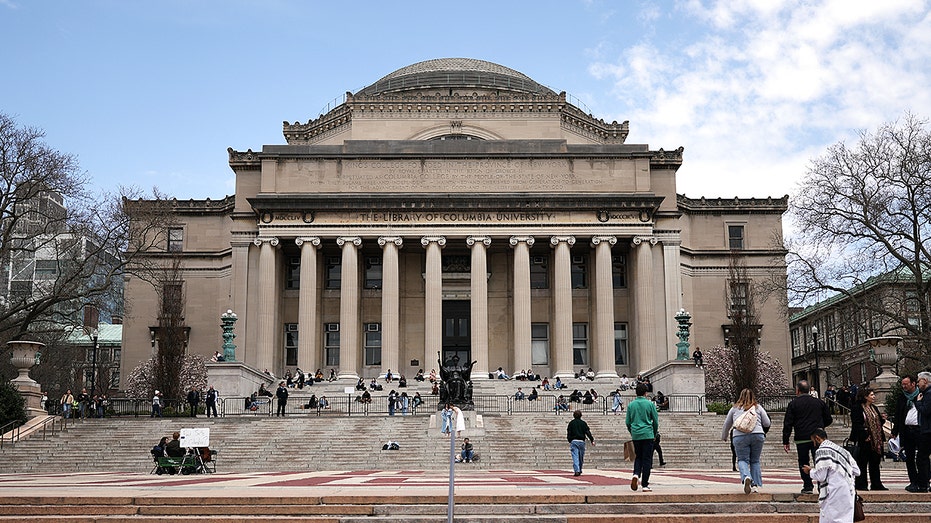
Columbia University has confirmed a significant cyberattack that has compromised the personal, financial, and health-related information of approximately 870,000 individuals, including current and former students, employees, and applicants. Notifications to those impacted began on August 7, 2023, and will continue on a rolling basis as the university works to address the fallout from this breach.
The incident was uncovered following a network outage in June, which Columbia attributed to unauthorized access by an external party. Investigators are currently assessing the full scope of the data theft, which reportedly involves the extraction of around 460 gigabytes of sensitive information from the university’s systems.
Details of the Breach and Affected Data
According to a breach notification filed with the Maine Attorney General’s office, the affected individuals include students, employees, applicants, and in some cases, family members. The types of information compromised in the breach include:
– Names, dates of birth, and Social Security numbers
– Contact details and demographic information
– Academic history and financial aid records
– Insurance details and certain health information
While Columbia confirmed that patient records from the Columbia University Irving Medical Center were not included in the breach, the extensive range of stolen data raises concerns regarding the potential for identity theft and fraud.
Columbia University has taken steps to mitigate the risks associated with this breach. The institution has reported the incident to law enforcement and is collaborating with cybersecurity experts to strengthen its systems.
University’s Response and Support for Victims
Starting on August 7, Columbia began mailing letters to those affected, offering two years of complimentary credit monitoring, fraud consultation, and identity theft restoration services. The university has reiterated that to date, there is no evidence suggesting that the stolen data has been misused; however, experts caution that cybercriminals often delay exploiting stolen information.
In light of this incident, Columbia has implemented additional safeguards and enhanced protocols to prevent future breaches. As the investigation continues, the university has committed to keeping the affected individuals informed about any developments.
Protecting Yourself After the Breach
For individuals who may be impacted or are concerned about their own data security, several steps can be taken to safeguard personal information:
1. **Monitor Credit Reports**: Regularly check your credit reports for any unauthorized accounts or changes.
2. **Utilize Personal Data Removal Services**: Consider employing services that assist in removing personal information from data brokers and people-search sites.
3. **Set Up Fraud Alerts and Credit Freezes**: Placing a fraud alert makes it harder for identity thieves to open accounts in your name, while a credit freeze offers stronger protection.
4. **Use Strong and Unique Passwords**: Create complex passwords for each account, and consider a password manager for secure storage.
5. **Enable Two-Factor Authentication**: Activate this feature on accounts to provide an additional layer of security.
6. **Watch for Phishing Attempts**: Be cautious of unsolicited communications that may attempt to exploit the breach for malicious purposes.
7. **Consider Identity Theft Protection Services**: Beyond the free services offered by Columbia, additional paid options can help monitor your data across the dark web.
The Columbia University breach serves as a stark reminder of the vulnerabilities faced by even the most trusted institutions. As the university continues to investigate and notify affected individuals, it is crucial for everyone to remain vigilant about their personal information and take proactive measures to protect themselves against identity theft and fraud.






